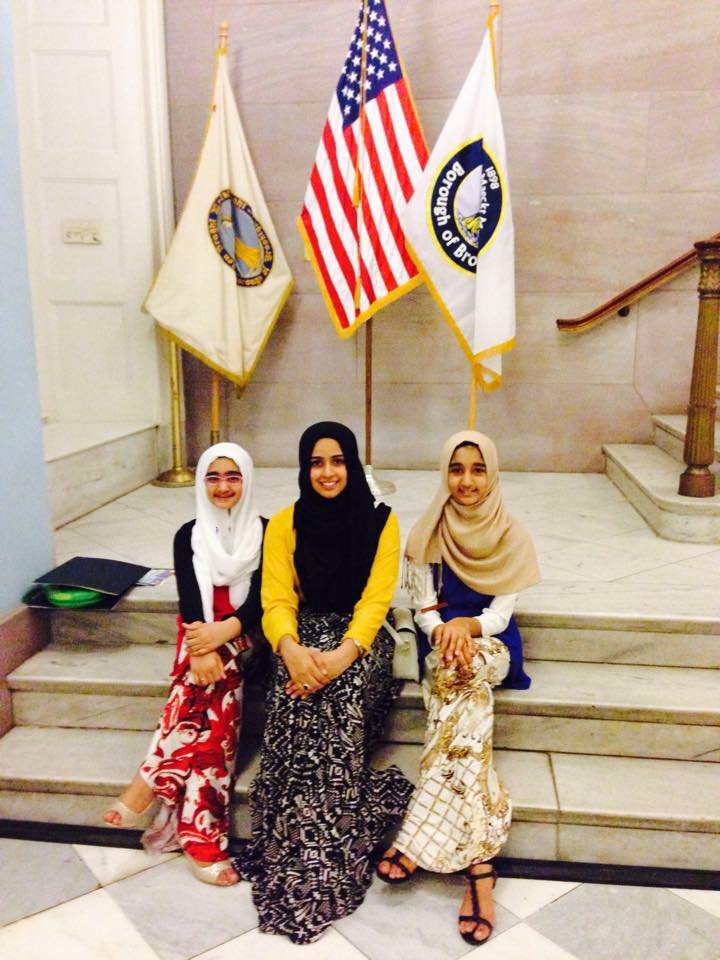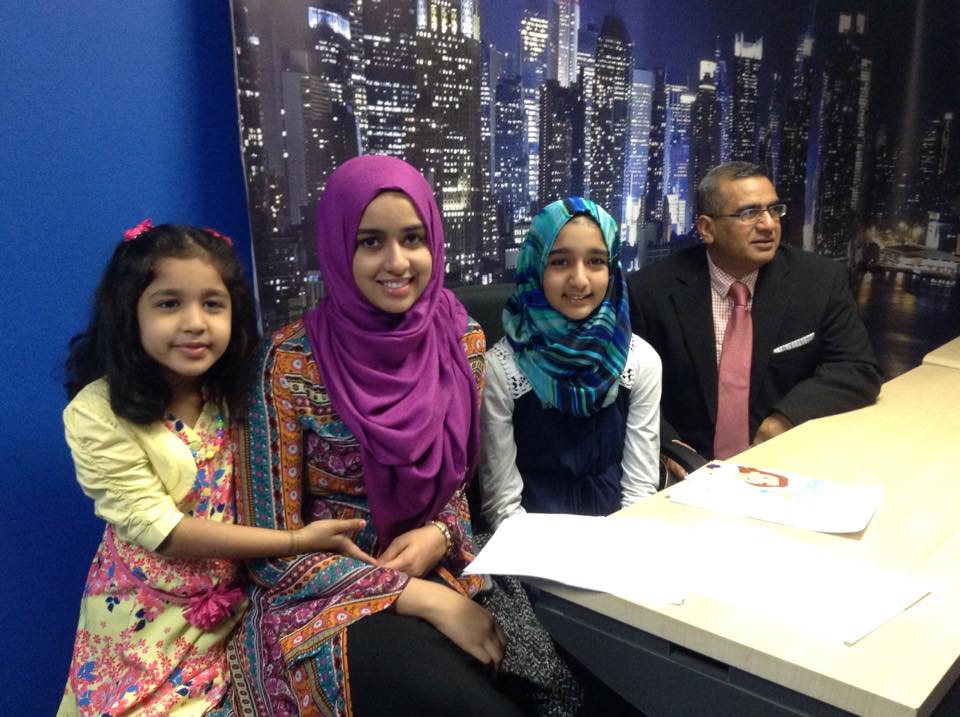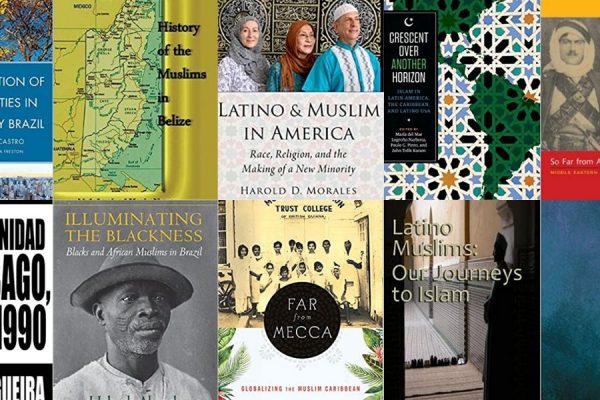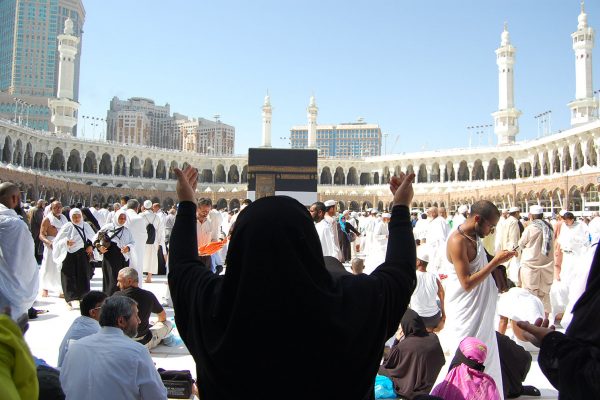The modern version of the Bronte sisters have emerged from the new generation of young Muslims. Sadaf, Huda, and Maliha Ayaz are Pakistani American girls whose work has gained recognition all over the world. Their books are now available on Amazon, Barnes and Noble, and other retail and online stores.
Q: It’s not everyday we see young creative writers such as yourselves get their novels published, especially not a family of them. It really is a pleasure to meet you girls. May you each please introduce yourselves and tell us about your books?
Sadaf: My name is Sadaf Ayaz and I am a 15-year-old freelance editor and writer as well as a published author of the novel Crossing Red Lights, a mystery teen fiction novel about a girl named Emma and how she overcomes her fears and develops as a person as she solves the mystery of her parents disappearance. This book has been optioned for a Studio Feature Film and TV Series. I am now working on two other books.
Huda: My name is Huda. I am 11 years old and am in 6th grade. I am the author of Freeze-Land: A New Beginning, which I wrote and published in the 4th grade. It’s a fantasy novel about a girl named Samantha and how she goes to a secret planet called Freeze-Land to save it from an evil warrior named Lord Ninstragger who is trying to make it dark and gloomy. Six champions had failed, so now it is Samantha’s turn to take on Ninstragger and try to save the Freezians.
Maliha: Hi, my name is Maliha and I am 10 years old and I’m in the 5th grade. I’m the author of The Heart of Time. It’s a novel about a girl named Julia whose mother dies unexpectedly while Julia is at school. Through the adventure after realizing something is wrong with the whole situation, Julia discovers her mom is the ruler of Death Valley–the underground graveyard. Julia must now go on a quest with her sister Kathleen, who died many years earlier, to find the heart of time. I am also working on another children’s fiction novel.
Q: All of you are obviously very talented masha’Allah. Did you discover your love of writing from an early age? Has your upbringing moulded the author’s spirit in you?
Sadaf: Well, we all love reading and I think that has a great deal to do with our love of writing. Also, our dad wrote a book when he was in his 30s and our family conversations are usually about literature and education so our family environment also influenced this. Writing was something I wanted to do and like most things I want to do, there was no doubt that I will do whatever is in my power to achieve. The rest is up to God, but I do my part.
Huda: Sadaf always read stories that she wrote to us and that always inspired me to write as well. She also helped me develop my ideas into short stories. So while she was writing her first book around the age of six or seven, I started to work on my own.
Maliha: I was inspired by my elder sisters and I always read small little things when I was little.
Q: Did you ever think that one day your stories would be published? What was that experience like for you guys?
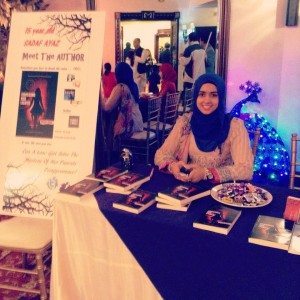 Sadaf: Yes, I did. I believed in it in the core of my heart. I didn’t however, think it would get published so early. I guess as a child, we see things like that (getting published and getting our work acknowledged) as something that is unattainable. It’s just an amazing experience to see that we could prove to other kids our age that everything is within reach. I, as well as my sisters, are very thankful to our parents for their support and encouragement. When you’re trying to achieve something rare, it’s nice to know that there is someone there who believes in you and I think their faith got us to our goal faster.
Sadaf: Yes, I did. I believed in it in the core of my heart. I didn’t however, think it would get published so early. I guess as a child, we see things like that (getting published and getting our work acknowledged) as something that is unattainable. It’s just an amazing experience to see that we could prove to other kids our age that everything is within reach. I, as well as my sisters, are very thankful to our parents for their support and encouragement. When you’re trying to achieve something rare, it’s nice to know that there is someone there who believes in you and I think their faith got us to our goal faster.
Huda: I never thought my short stories could ever one day be a book. When my dad gave me the idea to make my dreams into books, I still didn’t believe it was possible. When it got published, I realized that it was possible for anyone who was up to the task to write a book. I’m so glad for my published book. I have completed two more books which will be coming out soon.
Maliha: Ever since my sisters started writing I thought that one day their books would come out and I would make a book of mine come out as well. So I was determined to write a book, just like them.
Q: That’s incredibly inspirational, and frankly I’m impressed. What has changed after you became published authors? What is school like now?
Sadaf: My life has changed pretty epically. I had to involve myself in many forms of social media and now I’m usually scared to turn on my phone or computer because of the load of notifications. Other than that I literally go to an event every week and have had several interviews so far. Most of all though, the respect I have received is incredible. I am no longer a regular teenager to many people. I am an author and those who understand the value of a book and writing respect me so much that it’s overwhelming, but it means a lot. I’m still trying to figure everything out and trying to handle it the best I can but so far, life has just gotten extremely busy and fun. School is also a funny situation because (just like in movies about popular kids) students in the hallways nudge each other in the ribs or whisper and even holler “omg isn’t she the one who wrote Crossing Red Lights?”
Huda: At first, when I was writing a book, no one believed that it was possible for a 9 year old to complete one. When I finally came to school and showed everyone my book, it was hard for them to believe that I had actually written it. The honor I got made all that hard work worth it.
Maliha: My book isn’t published yet so I haven’t yet experienced these feelings. But I wish to be as successful as my sisters and publish my books and take them to school to show everyone what I can do.
Q: Sadaf, do you have a creative process? Where do the ideas for your books originate?
Sadaf: Most of my ideas originate from what I observe. I’m a good listener and I love reading news articles and books. Plus my thoughts about the future and the different situations I could face in the future generally give me the ideas for my books. Those ideas usually come from dreams or daydreams or thoughts right before I go to sleep. For example, His Last Moments was inspired by the idea of guilt and how someone whose about to die tries to overcome it. Or The Pakistani Guy and the American Girl was inspired by how the media inaccurately portrays countries, religions, and individuals. While Crossing Res Lights was inspired by a dream and this idea of how situations force changes upon people and their personalities.
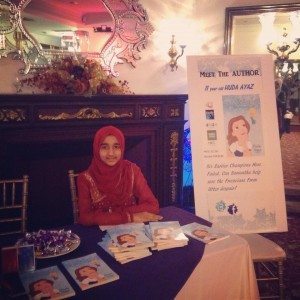 Q: Huda, do you have any dreams of the future other than becoming a writer?
Q: Huda, do you have any dreams of the future other than becoming a writer?
Huda: I am not sure about what I want do other than writing in the future, but I think that everyone has many open opportunities. I will continue to write because writing is a way I express myself.
Q: Maliha, have you always been an overachiever? What kind of student are you at school?
Maliha: I’m not really an over achiever. I try doing what I can do best and follow what I like. I don’t try to make things so complicated and hard. I try to make things easy for myself to accomplish and try to achieve things that would be useful for me. I am, let’s say, an average student who likes to learn and likes to be myself. I try to have fun at the same time while I learn.
Q: As young Muslim girls, your success has set a precedent for others like you. Do you feel inspired to inspire other Muslims, especially those who think that their heritage or religion sort of holds them back from achieving their goals?
Sadaf: Of course! I feel like I’m not just inspired but I also feel a responsibility to do so. I feel like many people find it hard to express themselves and reach out to achieve their goals because of religion or culture. Maybe by seeing how we achieved our goals, they can also achieve the same. It’s a pretty big honor to be a young Muslim female writer and it means that I have a responsibility to voice out the concerns and share the problems we face in America. I would advise other young authors to continue writing and continue to try to publish their work and make sure that they show others how responsible and dedicated they are because that is the only way the adults in the industry will trust you and take you seriously.
Huda: As a Muslim girl and an author, I feel happy to inspire other Muslims like me. I hope our accomplishments will help people realize that they can reach any of their goals. No matter what their religion is.
Maliha: I am inspired to meet more people like us, and also am happy that I am inspiring people along the way. As Muslims, there should be more authors who can encourage creativity out there.
Q: Where do you see yourself in 10 or 20 years? What are your goals?
Sadaf: I hope I can write a New York Times bestseller and that when people read my book, they learn new things. I hope that one day, by reading one of my works, someone’s life will change forever in a positive way. I also hope to become a great doctor who helps many people in the future. I want to major in bio-chemistry with a medical track and become like my favorite author Khaled Hosseini (The Kite Runner) who was a doctor but then transitioned into a renowned author. I have a great desire to grow up to help someone who is in pain. I want to be able to help people on a physical level and guide them to live a healthier lifestyle. It’s been my passion for years and writing has always been my way of letting that out.
Huda: Ten years from now, I see myself in college (don’t know what for yet) and continuing to write books in my free time. Twenty years from now I’ll be whatever I went to college for and will continue to write, InshaAllah.
Maliha: In 10 years I see myself studying at Columbia Medical school and being one of the best authors ever.
Q: Have you learned any important life lessons from these experiences? You’re all quite young, but clearly wise beyond your years.
Sadaf: Yes. Firstly, people doubt others without reason and that is really bad because it discourages others from achieving things in life. Secondly, you have to put a firm hand forward and do things for yourself. Nothing is going to come your way of you sit and do nothing. For example, had I not reached out to The Muslim Vibe, we wouldn’t be having this interview. Thirdly, everyone is doing things for themselves, even when they are “helping you”. It’s pretty rare to find people who actually do things with pure intentions. Fourthly, sometimes when you show others a positive attitude and do things with good intentions, good things do come your way. If you share love you get love and similarly when it comes to hate.
Huda: I just want everyone to know that they can achieve whatever they like. I’ve noticed that so many people are afraid to take a step to make a change in their lives to something great. You know, writing a book is not easy, especially for someone who studies full time. But in the same way, becoming a young inventor or a young scientist or even a young businessman isn’t going to be easy. What I want everyone to know is that they can do it. It’s going to take courage and sacrifice, but it will be worth it.
You can keep up to date with the latest and follow the sisters’ success on their Facebook page.
